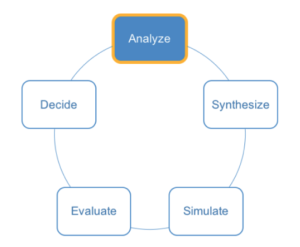Welcome to the completion of week seven as we progress through our 12-week service course, Instructional Design Service Course: Gain Experience For Good. The focus this week was on drafting a design proposal, also referred to as a design plan. For the purposes of this course and for this stage of our design project, the […]

















